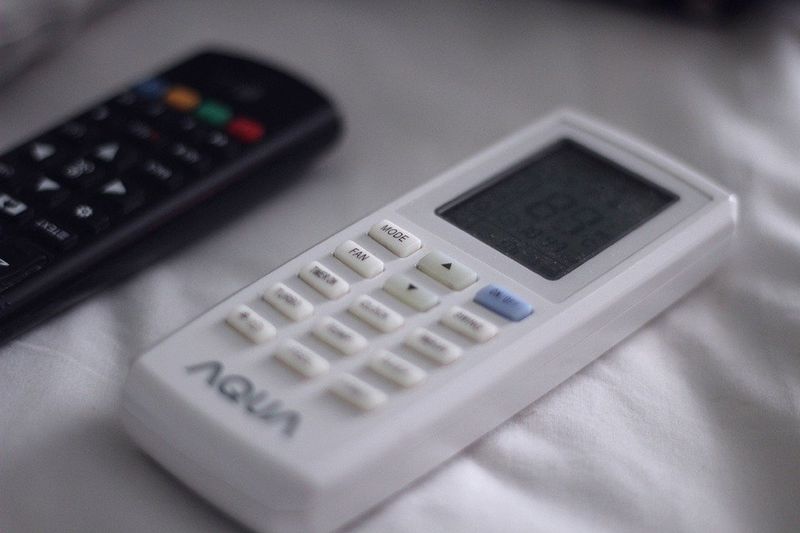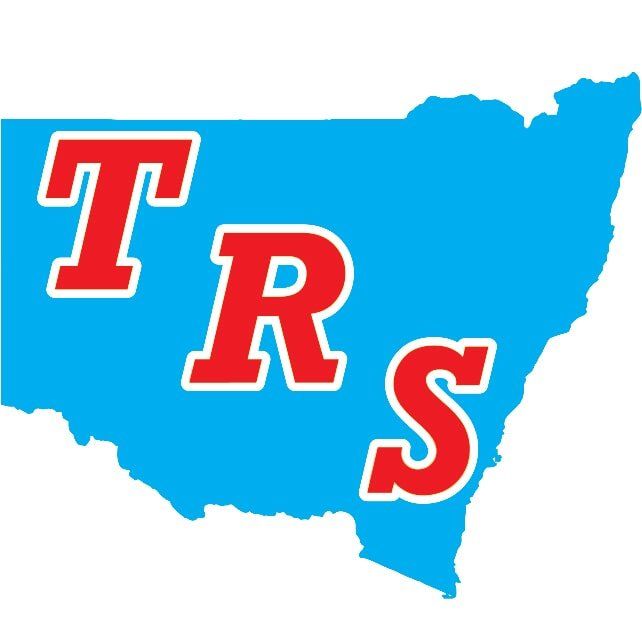How to Use an Air Conditioner Remote
So, you have installed a new
air conditioner in Coffs Harbour which promises to keep your home cool in the fierce summer heat. But you want to adjust the settings and are confused about how to do this in the best way for efficiency and comfort.
Well don’t worry, your air conditioning remote is easy to use effectively once you have a basic understanding of the meaning of the specific buttons. So in this blog, we’ll show you the basics of using your air conditioning remote so that you can get the best out of your system year round.

Basic controls
Most air conditioning remotes contain the same five basic buttons regardless of the manufacturer. Sure, some remotes have more than five buttons and some will have a large LCD screen, but they will likely have the same basic buttons in some form. Once you know what they all do, you will be able to control the system to your liking.
The five basic functions are:
Power On/Off
This button is pretty self-explanatory, it allows you to turn the system on and off. However, most air conditioning systems contain a timer that allows you to set the times the air conditioner comes on automatically. So there is no need to turn the system off unless you are going away on holiday. The symbol on this button is a circle with a line through it.
Temperature
The temperature button shows the indoor set temperature, the ambient room temperature and the outdoor temperature. Each remote displays this information differently. Some systems list the temperatures on the LCD, while others require you to press the temp button multiple times to cycle through them. The symbol will likely look like a small thermometer.
Timer
The timer button allows you to set the times in which you want the air conditioning system to operate. For example, you can set the system to come on before you come home from work and shut off after you leave in the morning. This button will look something like a small clock face on the button.
Fan
Most air conditioning systems have a factory set fan speed which is set at the most efficient level. On really hot days, however, this may not provide adequate cooling. So most systems allow you to manually increase the fan speed via the fan button.
Mode
The mode button is the most confusing, but it's not that complicated. There are four settings to choose from:
Auto
This mode allows the air conditioner to decide which mode to use. In most cases, this is the best setting because it’s the most efficient. But on some days you may wish to override it and set one of the other modes.
Cool
In cool mode, the unit will keep circulating chilled air until the desired room temperature is reached. This is the least efficient mode however, using cool mode all the time will dramatically increase your energy bill.
Dry
In dry mode, the unit will remove humid air from the room instead of circulating cool air. This is more efficient than cooling because it requires less energy to remove air than to chill it.
Fan
Fan mode is not the same as the fan button. If fan mode is set the compressor is turned off and the fan alone will be used to circulate air around the room. This is the most efficient setting, but it may not provide enough cooling on a really hot day.
Which mode to choose?
In most cases, auto mode will result in the best compromise between running costs and temperature. However, on really hot days you may want to run in cool mode, while on humid days dry mode will make the room more comfortable.
Whatever the temperature, we all must learn how to set up our air conditioning properly. Data shows that Australian
energy usage has increased by an average of 0.7% a year over the past 10 years. This is compared to Europe where energy use fell by 5.7% between 2005 and 2017.
A large portion of this increased energy demand is down to inefficient air conditioning systems. If you would like to know how the latest
air conditioning in Coffs Harbour can keep your home cool while reducing your energy consumption,
get in touch with our team of air con experts today for more information.
ABOUT US
TRS Air Conditioning & Refrigeration has been servicing the Coffs Coast since 2011 and our technicians have a combined experience of over 40 years. We provide Air conditioning, commercial refrigeration and catering equipment sales, installation. We also provide service and maintenance on all brands. TRS Air Conditioning & Refrigeration are dealers for Toshiba, Carrier, Braemar, and Mitsubishi Heavy Industries. We are warranty service agents for Toshiba, Fujitsu, Carrier, Braemar, Mitsubishi Heavy Industries, Panasonic and Haier.
Find us on
location
Site Links
ABOUT US
TRS Air Conditioning & Refrigeration has been servicing the Coffs Coast since 2011 and our technicians have a combined experience of over 40 years. We provide Air conditioning, commercial refrigeration and catering equipment sales, installation. We also provide service and maintenance on all brands. TRS Air Conditioning & Refrigeration are dealers for Toshiba, Carrier, Braemar, and Mitsubishi Heavy Industries. We are warranty service agents for Toshiba, Fujitsu, Carrier, Braemar, Mitsubishi Heavy Industries, Panasonic and Haier.
Find us on
contact information
Phone: 0401 816 021
Email: office@trsaircon.com.au
Address: Newcastle Dr, Toormina NSW, 2452
location





